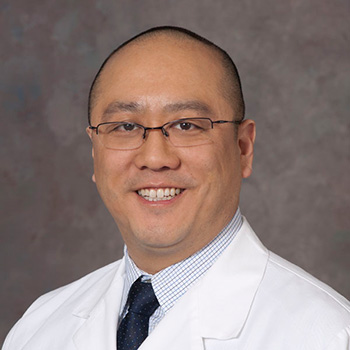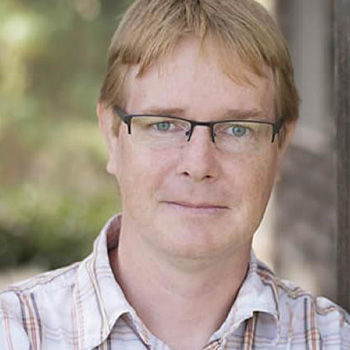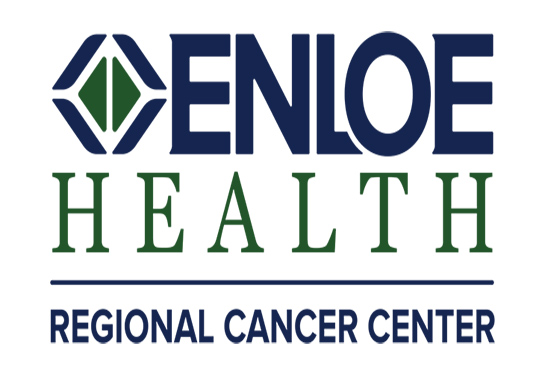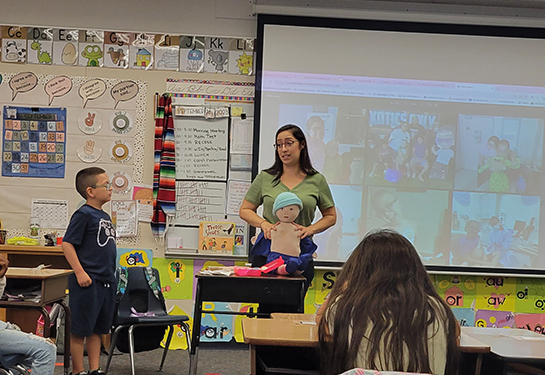$3 million national grant to fund pancreatic cancer study
Academic and industry partnership to investigate new approach to treating lethal pancreatic cancer
UC Davis Comprehensive Cancer Center is partnering with TargaGenix and Northeastern University to study pancreatic ductal adenocarcinoma (PDAC). The often-lethal cancer has an average five-year survival rate of less than 11%. The academic-industry partnership will receive nearly $3 million over five years thanks to National Institutes of Health (NIH) funding through its R01 grant program. The NIH gives R01 grants only to mature research projects driven by strong preliminary data.

The team will develop a treatment based on the novel chemotherapy TGX-1214, in combination with cancer immunotherapy. The researchers expect that by the end of the study, this will become part of a new treatment option for PDAC patients.
PDAC accounts for more than 90% of pancreatic cancer cases. It is usually diagnosed at a late stage when disease has spread to other organs. Symptoms are often common and non-specific, such as lack of appetite and weight loss. By the time symptoms appear, the disease is at a late stage, making it inoperable and incurable.
Current challenges treating pancreatic cancer
“Surgery, which offers the only realistic hope for a cure, is a viable option in only a limited number of patients, and current chemotherapy and radiation therapy offer limited or no benefit at all,” UC Davis pancreatic cancer researcher Gerardo Mackenzie said.
Mackenzie is an associate professor in the Department of Nutrition. He and UC Davis oncologist and Medical Director of the cancer center’s Office of Clinical Research Edward J. Kim are the UC Davis principal investigators for the study.

“The current chemotherapy combinations used to treat PDAC have marginally improved survival outcomes. The average survival in advanced disease is still less than a year. The limited benefit of these therapies, unfortunately, comes at the cost of significant toxicities, including suppressed immune system, fatigue, nausea, diarrhea, and nerve damage, limiting their use to patients with relatively preserved function,” Kim said, “And most patients still ultimately relapse and progress.”
In addition, studies show that new immuno-oncology agents, such as anti-PD-1 or anti-CTLA-4 are not effective in PDAC. This is partly because the drugs create a microenvironment that weakens the immune system and prevent cancer-fighting T-cells from entering the tumor mass.
“That’s why there is a critical unmet need to develop better therapeutic options for aggressive and refractory PDAC,” said Mansoor Amiji, distinguished professor of pharmaceutical sciences and chemical engineering at Northeastern University. Amiji is Northeastern’s principal investigator for the study and the scientific advisor for TargaGenix. “We are pleased to collaborate with colleagues at UC Davis and TargaGenix on this research. Based on the high mortality associated with pancreatic cancer, the opportunity for us to develop TGX-1214 for this dreadful disease is especially exciting.”
Promising TGX-1214 combination strategy for the treatment of advanced pancreatic cancer
The team will leverage the multi-disciplinary expertise of scientists and clinicians to develop an effective treatment based on the combination of TGX-1214 and immune checkpoint inhibition, which block proteins called checkpoints. Immune checkpoint inhibitors help T cells kill cancer cells better.
Previous studies indicate that TGX-1214 is safe and effective in multiple animal studies. In preliminary studies, TGX-1214 strongly inhibited pancreatic cancer growth, with complete tumor regression in two pre-clinical models of pancreatic cancer.
The long-term goal of the research is to develop safe and effective treatment strategies for PDAC to test in clinical trials that will become available for patients.
UC Davis Comprehensive Cancer Center
UC Davis Comprehensive Cancer Center is the only National Cancer Institute-designated center serving the Central Valley and inland Northern California, a region of more than 6 million people. Its specialists provide compassionate, comprehensive care for more than 100,000 adults and children every year and access to more than 200 active clinical trials at any given time. Its innovative research program engages more than 240 scientists at UC Davis who work collaboratively to advance discovery of new tools to diagnose and treat cancer. Patients have access to leading-edge care, including immunotherapy and other targeted treatments. Its Office of Community Outreach and Engagement addresses disparities in cancer outcomes across diverse populations, and the cancer center provides comprehensive education and workforce development programs for the next generation of clinicians and scientists. For more information, visit cancer.ucdavis.edu.




